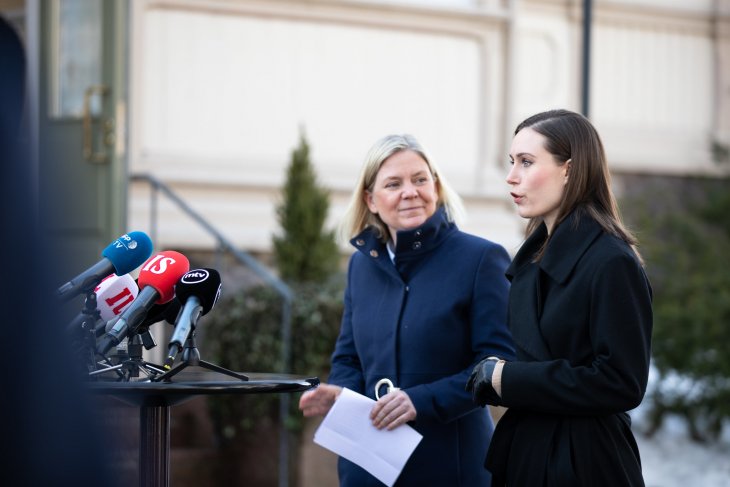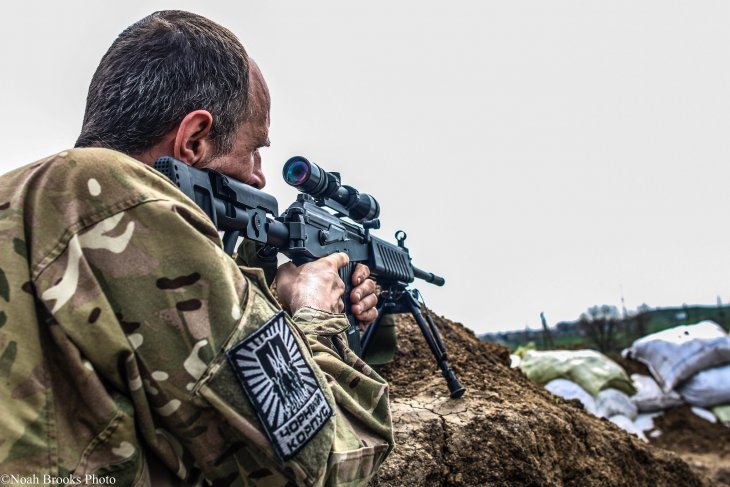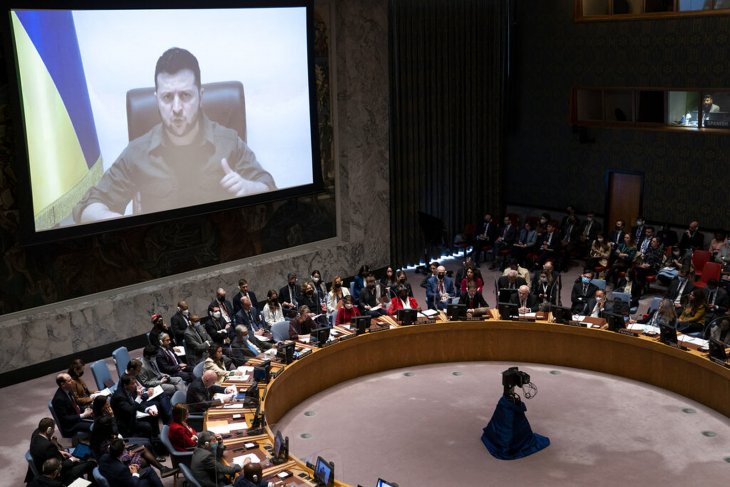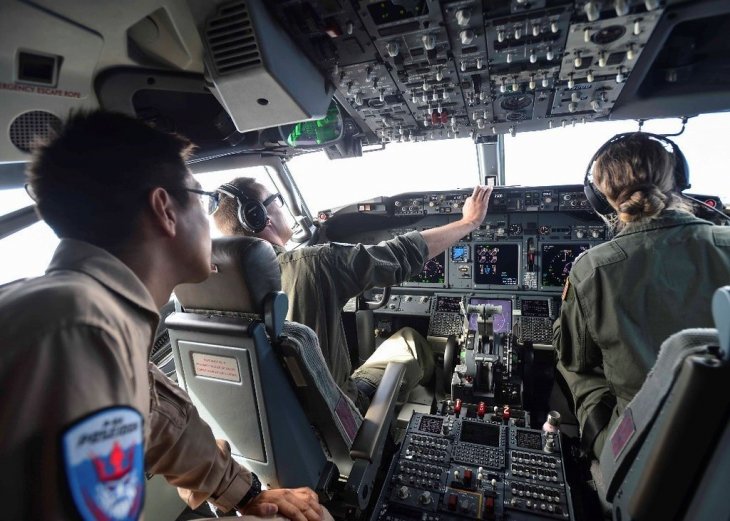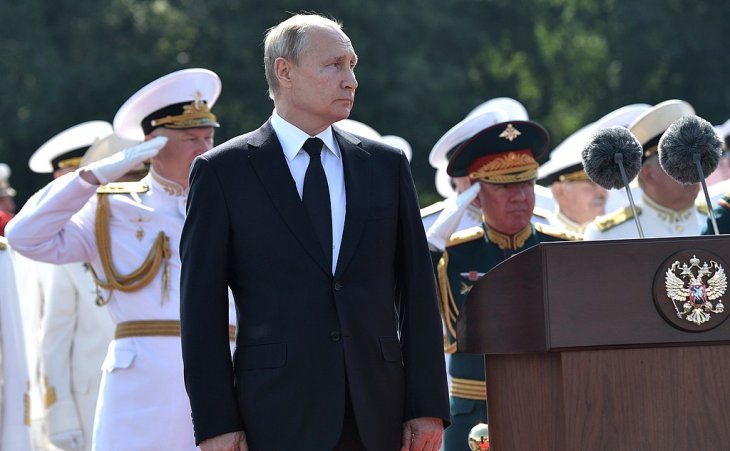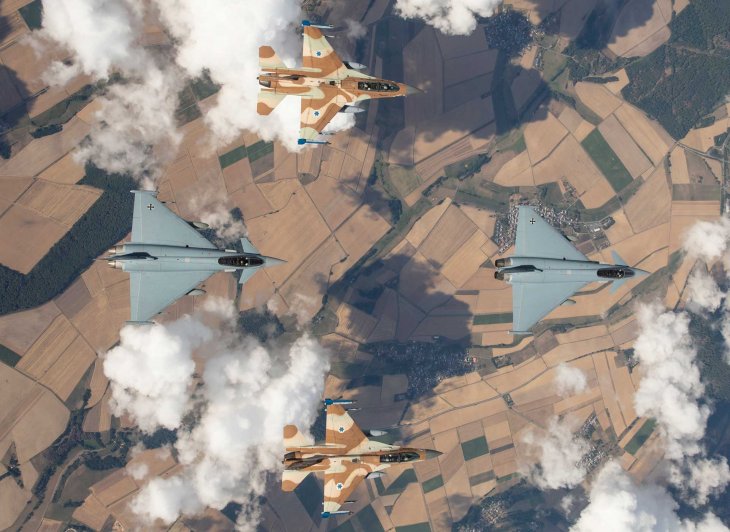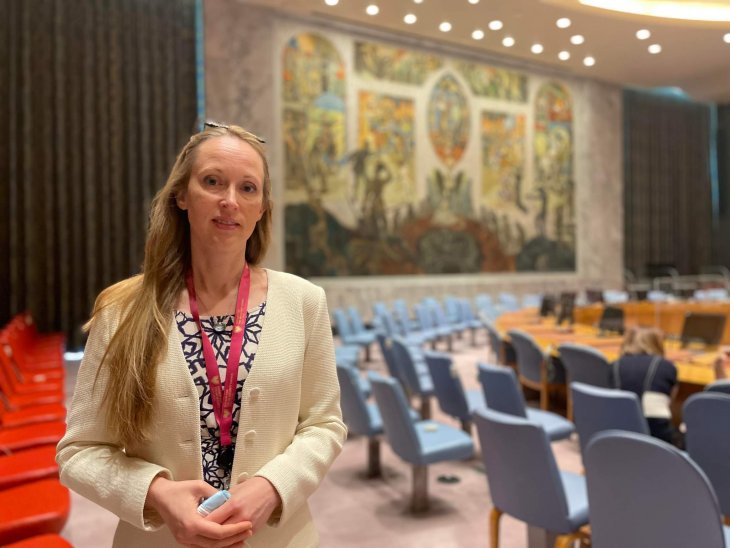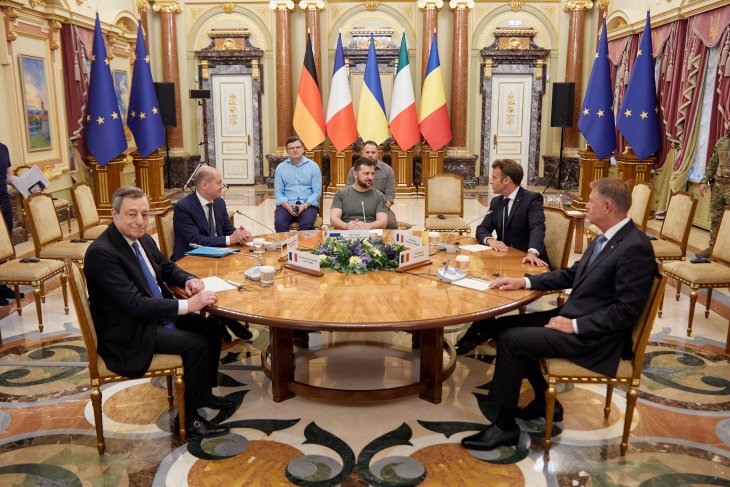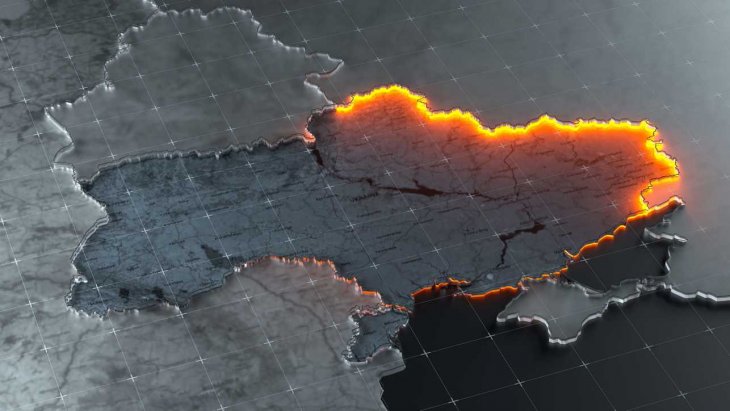What Do We Talk about When We Talk about War?
The public debate on foreign and security policy is facing new challenges following Russia’s war of aggression against Ukraine. The strength of our democracy depends on our ability to move beyond emotions and moral outrage, to discuss openly, argue logically, and grapple with uncomfortable questions.
How can we ensure stability in Europe and the world beyond? How do we deal with the food crisis, the gas crisis, the climate crises and the horrors of war?
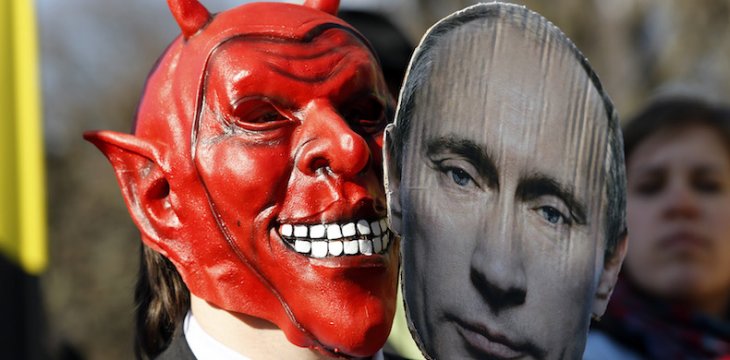
Illustration via Pinterest
Russia’s full-scale war of aggression against Ukraine is dramatic, also for Norway. For three decades, following the end of the Cold War, the public debate on security has been preoccupied with far-away conflicts rather than threats to Norway. The security policy is complicated, characterized simultaneously by enduring path dependencies and great unpredictability. Political choices may have dramatic consequences for the common citizen. This is exactly why a broad political discourse is so important.Read More
